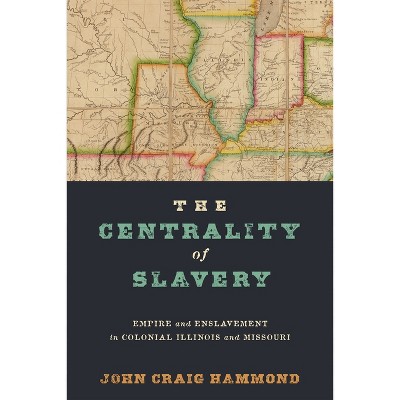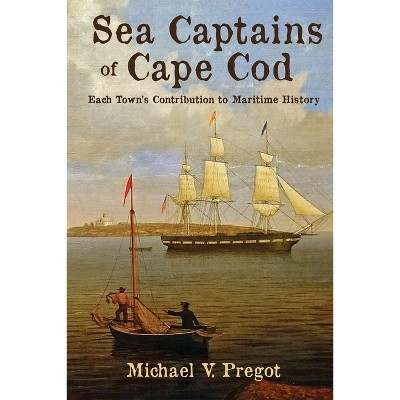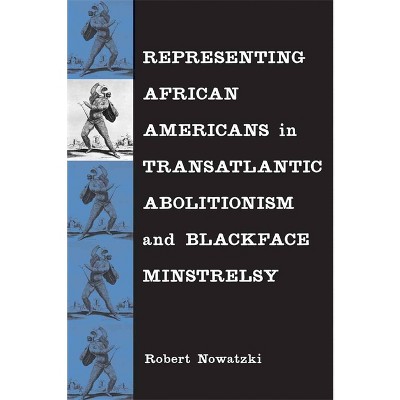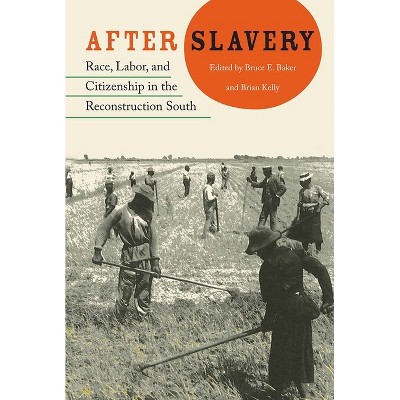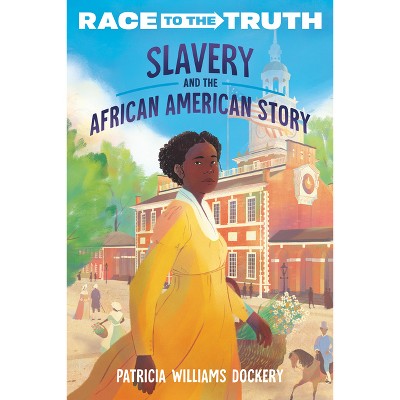Sponsored

Slavery and Abolitionism on Cape Cod - by Michael V Pregot (Paperback)
In Stock
Sponsored
About this item
Highlights
- From the start of the Puritan era through the end of the Revolutionary War, Boston was the central hub of the slave trade.
- Author(s): Michael V Pregot
- 220 Pages
- History, United States
Description
About the Book
A history of the slave trade on Cape Code, Massachusetts, and the sea captains who were involved.
Book Synopsis
From the start of the Puritan era through the end of the Revolutionary War, Boston was the central hub of the slave trade. Slaves were brought onboard ships from the African coast with regularity, often mastered by Cape Cod sea captains. The total number of slaves per household was certainly much smaller in the Northeast than they were in the larger plantations found in the South, but, nonetheless, a much-needed labor force was deemed a necessity.
After Massachusetts legally prohibited the practice of slavery in 1780, sea captains continued to engage in its development in a variety of ways. Some captains would bring slaves in surreptitiously, while other masters of the sea profited in indirect ways. Some mariners provided inexpensive low-grade food to the plantations, while others would bring cotton to the North for textile work. In the early 1800s the Commonwealth's shipping industry became divided, with some men fighting for the cause of abolitionism while other captains preferred a very slow demise to this human trafficking.
Massachusetts would eventually lead a movement to fight for total abolitionism. To understand the thinking of the day, religious views, political positions, economic factors, and social movements are all placed into sharper detail and given greater context. By sharing profiles of notable Black people living in Massachusetts, we acknowledge the enormous positive contributions made by those forced to relinquish their personal right to freedom.
Review Quotes
"Michael Pregot's follow-up to Sea Captains of Cape Cod is a valuable resource for those sleuthing for a perspective on New England's history of enslavement. He brings to light varied dimensions of slavery: enslaved Indigenous people, abuse of indentured servants, forced involuntary servitude of minors, and the harsh legal systems that kept an immoral practice alive and well for centuries. Very enlightening."-Roger A. Smith, author of Rian Krieger's Journey series
"This is an important conversation for us to be having right now. Kudos to Michael Pregot for bringing the subject to the light of day."-Sally Cabot Gunning, author of the critically acclaimed The Widow's War and Painting the Light
"To many in New England, the idea that Cape Cod sea captains were connected to the slave trade seemed downright shocking. In Slavery and Abolitionism on Cape Cod, historian Michael Pregot's extensive research covers the who, what, where, how, and why of one of the most controversial chapters in Cape Cod and Bay State history."-Don Wilding, author of Historic Storms of Cape Cod and Shipwrecks of Cape Cod: Stories of Tragedy and Triumph
Shipping details
Return details
Frequently bought together

Trending Non-Fiction








